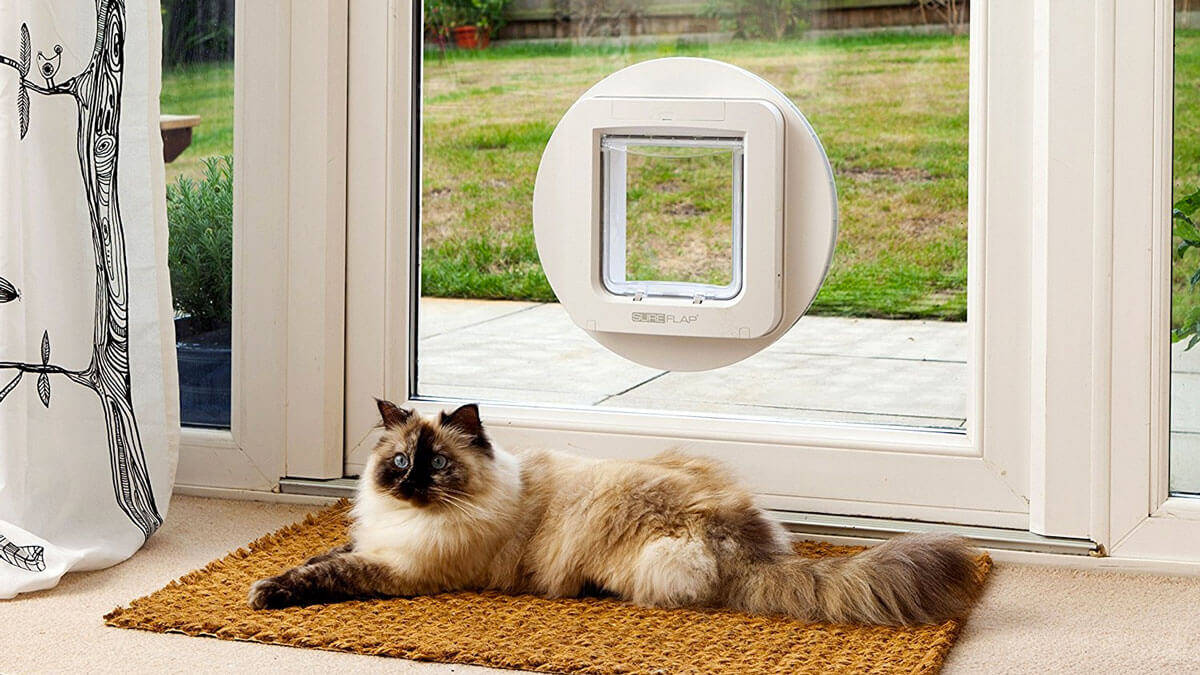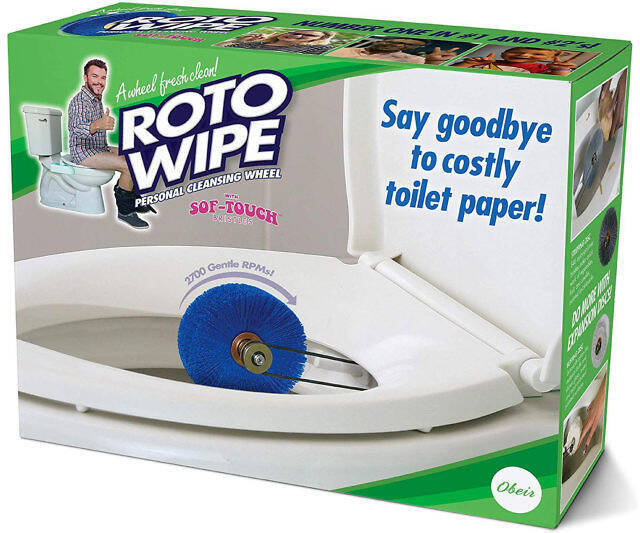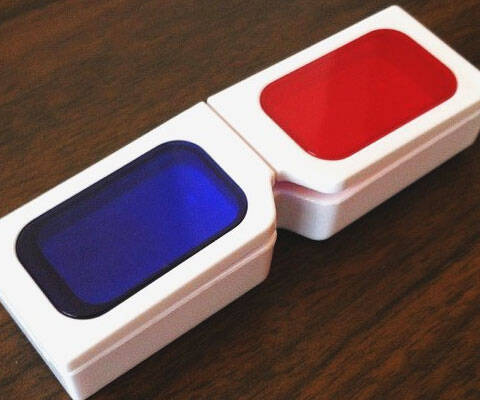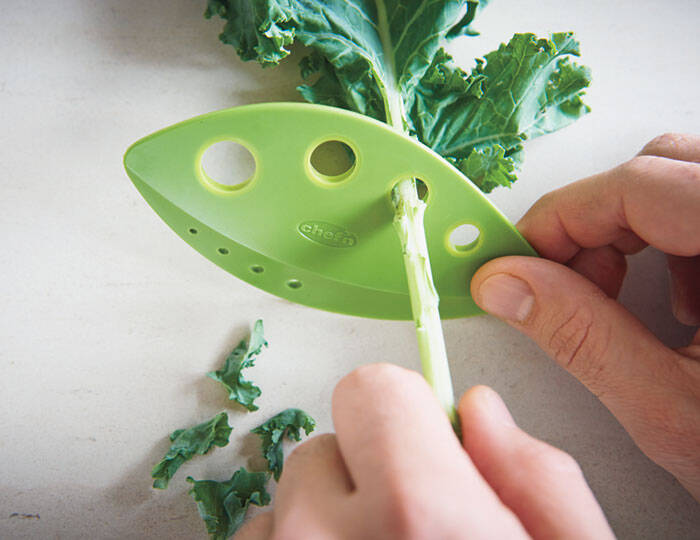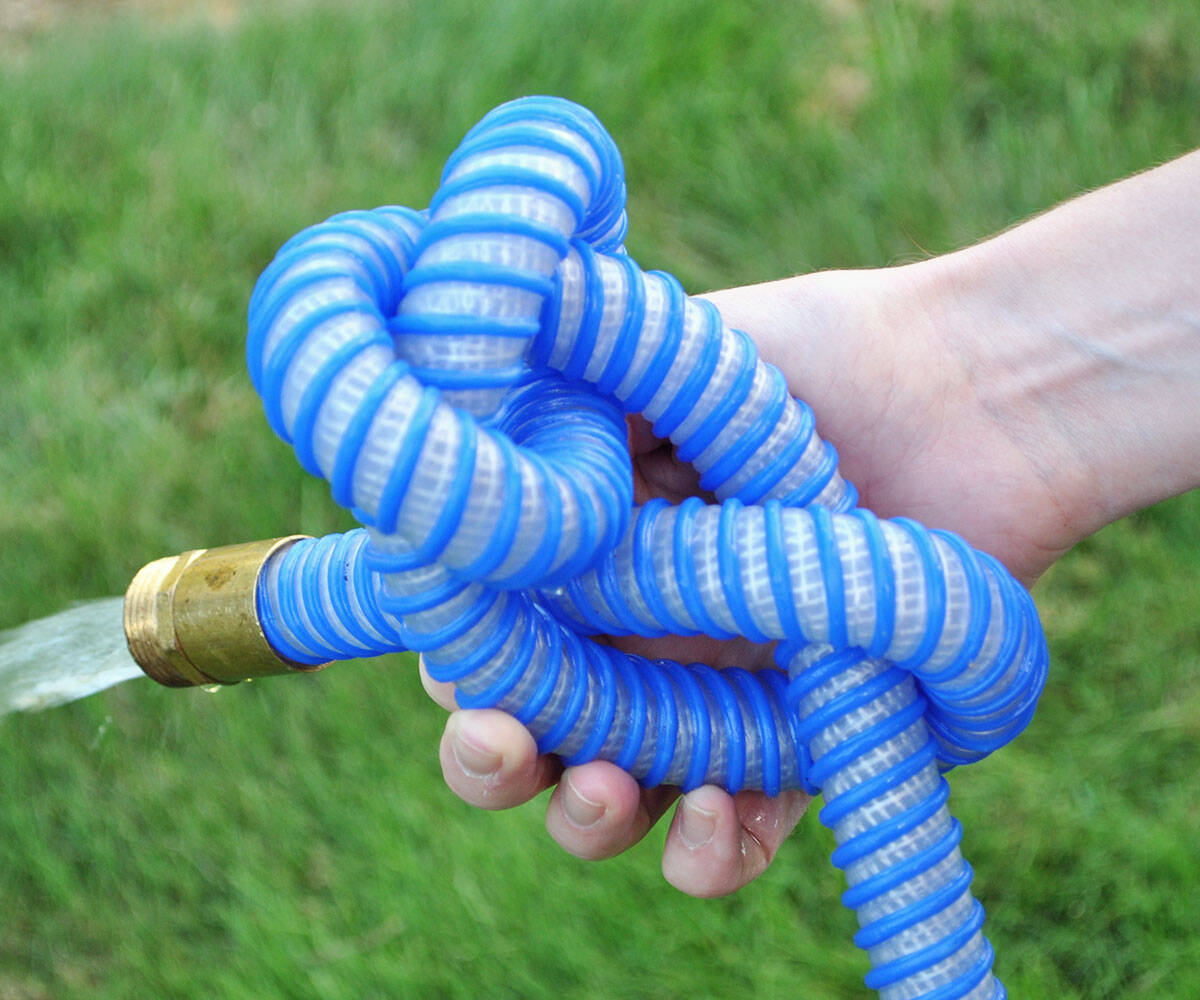Microchip Pet Door | |||||||||||
| |||||||||||
Product Description
The SureFlap Microchip Pet Door only opens for your pet’s veterinary implanted microchip or RFID collar tag to keep intruder animals out so that your pet can feel safe and secure in their own home. If an intruder animal enters your home, it can cause a lot of stress to your pet and lead to fights or indoor spray marking. The SureFlap Microchip Pet Door is compatible with all common microchip types. It can store up to 32 pets and it is selective entry, preventing intruders while any cat can leave. The pet door can be installed in doors, windows or walls and it is battery-powered, meaning it can be installed virtually anywhere. A pet door mounting adaptor is required for glass installations and a mounting adaptor and one or more tunnel extenders may be required for wall installations. Unique RFID collar tags are available for non-microchipped pets and one collar tag is included with the product. The product includes a three-year warranty.Features
- SELECTIVE ENTRY PET DOOR: Scans on ENTRY ONLY. Uses RFID to read your pet’s implanted ID microchip, allowing your pet access without letting in stray animals—learns up to 32 identities; programmable collar tags are sold separately for pets without microchips. SIMPLE ONE BUTTON Programming. Helps prevent intruder animals from entering your home. SET CURFEW TIME!: Program the door to lock and unlock at specified times. RESTRICTED ENTRY ONLY - any animal can exit.
- MICROCHIP COMPATIBILITY: Works with 9 (Avid Secure), 10 (FDXA) and 15 (FDXB) digit microchip numbers; if unsure of your pet’s microchip number, you can check with your veterinarian, pet shelter or animal rescue.
- DOOR OPENING: The Microchip Pet Door Flap opening is 6 11/16” (H) by 7” (W) and can be installed in doors, windows or walls – accessories are available from SureFlap.
- BATTERY POWERED: Uses 4 C non-rechargeable alkaline batteries (not included); estimated battery life up to 12 months depending on use. LOW BATTERY INDICATOR: Light flashes red when batteries are low and indicates batteries will need to be replaced soon.
- PERFECT GIFT: The SureFlap Microchip Pet Door is a great gift for small dog breeds and cat lover’s – making safe spaces and homes for their pets. Three Year Warranty.
Top Reviews
How this door works and what you can do to overcome some of its limitationsby IMHO (5 out of 5 stars)
April 11, 2015
This door can be a bit confusing as to what exactly it does when you read the description or the reviews. So hopefully this review will help someone. Please note that I am NOT using this door the way it is intended to be used. So I do not recommend using it the same way I'm using it. This said, it works the way I'm using it and I'm delighted with it.
How this door works: The most important thing to understand is that this door is meant to restrict which pet can come *in*. With this door, all pets can get out (but read on!). The default setting is that only allowed pets can come in and everyone can go out. The way it works is that there is a 'tunnel' facing the outside. When a pet sticks her head in the tunnel, sensors in the tunnel attempts to read the pet's chip or pendant. If it can, it unlocks the door so that the pet can come in. There are other modes for this door (like locking it completely or putting it on a timer), but none of these modes change the basic behavior of the door. The controls for the door are meant to be on the inside (and the tunnel on the outside). If you are looking for a door to not let some of your pets go out, then this is not your door OR you will need to use the door in a way it was not intended to be used (like I'm doing). Concretely, that means that you will have to install the door the 'wrong' way'. That is with the tunnel facing inside and the controls on the outside. To be as clear as I can be: regardless of how you install it, the door can filter only one way through, it cannot filter both ways. You can lock one way completely (or both ways completely) but you can filter only one way.
How I am using it: I have a cat enclosure in my backyard. All of my cats are allowed in the enclosure (through an non-restrictive pet door in my house). Now some of my cats are senior cats and they are allowed outside of the enclosure. So I wanted a cat door that would let only my senior cats out. So I am using this door completely outside of its intended use. I installed it in the frame of the enclosure (so the whole door is outside) with the tunnel facing inside the enclosure and the controls on the outside of the enclosure (see picture). This way, only allowed cats can get out of the enclosure. I was really worried about rain messing up the electronics so I protected the control side of the door with a little roof (see picture). I also taped over the battery compartments on each side as well as tape some heavy duty plastic over the controls. It has rained a lot this winter and the door still works great. But the enclosure is somewhat protected as it stands partly under an upper deck. I'm not sure how well the door would work if it was fully exposed to the elements.
How it performs: I'm really impressed with it. Setting it up is a breeze. It does a great job at recognizing my pets' chips. It also comes with one pendant that I use to make sure the door still works. It looks to be really sturdy too. I've been using it for 3 months and it has been working flawlessly. My senior cats love it and the kittens can't get out. Even my 'Houdini' kitten has not figured out how to defeat it to get out. And if the kittens ever make it out then I have the peace of mind that they can come back in easily.
This door was worth every penny!
Completely ineffective against raccoons
by James F (1 out of 5 stars)
December 14, 2016
As demonstrated in this video from my security camera.
I now have a useless piece of plastic in my door which I can only use in one of the "No exit" modes (completely obviating the point which is to allow my dog and cat to go outside the house to do their business while we're sleeping).
As others have pointed out, because the access control is only enforced when something tries to make the door swing inward. The raccoons have learned to lever the bottom of the door flap outward. This is allowed by the design whenever the door is operating in a mode than allows your pet to exit.
Overall we are very happy with the SureFlap Pet Door
by Linda In Monterey (5 out of 5 stars)
December 28, 2014
First, thanks to the previous reviewers who helped me select this door for our cat, Sid. We selected the Pet Door, instead of the Cat Door, because the Pet Door offers the ability to program exit times (a curfew mode the prohibits exit at night). The only mistake I made was that I accidentally ordered the tunnel extenders for the Cat Door (which is smaller) instead of the Pet Door. Once we got the right tunnel extenders we were able to complete the installation which was not difficult. That said, sawing a hole in the house, on the hope that the cat will use the door, requires some belief and steadfastness. Overall we are very happy with the SureFlap Pet Door. It took some time and encouragement to train Sid to use the door. He seemed to think we should just open the back door and let him in/out as we had been doing and was puzzled by our silly behaviors aimed at getting him to use the SureFlap door. He did not appreciate being pushing through the door though, of course, accepted all the resulting treats, kisses and praise as his just due. His initial objections seemed to be 1) the noise of the unlocking mechanism which startled him and 2) the necessity of pushing through the door with his head. At first he would enter the tunnel to come into the house, hear the loud click of the door in front of him unlocking, and then back out of the tunnel and still be outside. To exit he would paw at the door, which would swing open but hesitate in "putting his shoulder into it" to get out as it were. But he has gotten accustomed to the new protocol and now uses the door on his own. He is waiting for the sound of the door unlocking at 7 am when he is allowed out and comes in and out all day when we are at work. Although the door will allow Sid entry 24 hours he cannot go out between 4:30 pm and 7:00 am. This is great as we have Bobcats that have eaten our neighbor's cats. We prefer that he is inside before dark but we do not get home until 7 - 8 pm. So the Pet Door is great as Sid has lots more freedom and we have peace of mind.
UPDATE: We purchased our Pet Door in November of 2014 and it has been working perfectly, 24/7, since then. But recently the door stopped operating. So I emailed the Sure Flap customer service department for advice on how to fix it and they immediately responded that they would send us a brand new door since we were still under warranty. We installed the new door and all is well. I so appreciated the terrific customer service and would now (more than ever!) recommend this product and this company.
Best Microhip REading CatFlap There is (and I tried them all)
by SLB (5 out of 5 stars)
January 31, 2016
After owning this pet door for nearly two years now, I can confirm it is by far the best on the market (and I tried and returned two other brands before buying this sureflap model). (PLEASE GO TO THE BOTTOM OF THIS REVIEW FOR A PRO TIP ON HOW TO MAKE IT EASIER FOR YOU PET TO USE)
I originally bought it for a cat that adopted us (showed up one day in our garden begging for food). He was not an indoor cat and seeing as he came to us, we couldn't just lock him in so the hunt for a cat flap began. Unfortunately, we have seriously cheeky and aggressive racoons where we live and the existing open swing cat flap let those little b@stards raid our kitchen while we were away one weekend.
First I tried the Catmate models - useless. The first one they sent me only worked with special even though it said RFID on the packaging. They meant RFID tags, RFID microchips tags You literally had to wipe your cats face vigorously against the door to get it to sense the chip. Back it went. Their customer service was excellent, but their catflap just did not work.
So on to the Sureflap. I can imagine installation in a regular door being a breeze - I actually was installing in a thin metal security door, the outside of which has 2 small downward steps immediately outside and unfortunately, it's really not designed to do this. I managed to find a away around it by buying this hard pink foam insulation board from home depot that was about 1.5" thick and using the supplied tracing outline (good move sureflap) cut a spacer. this went on the inside of the door. Now there's still a bit of a "tunnel" on the outside but that extra 1.5" made the difference for it not to protrude too far out in front of those little steps.
Why did I get the Pet Flap and not the Cat Door for my cat? Because he was a big boy, a Ginger tabby at a lean 15lbs. He was just about able to fit through the Pet Door, I can't imagine him trying to get through the cat door, so unless you have a petite cat, don't get the Cat Door, get the larger Pet Door. All in all installation was easy but I did have a tiny problem in that the long supplied screws, given my thin door and homemade spacer are just a fraction too long so I had to find a careful balance of tightening them to hold it in place, and not so tight that the plastic casing warps as they press on the inside (you'll see what I mean if you ever have my predicament, but I managed to make it all work).
Function: the thing works flawlessly. I mean every single time the cat gets about a foot away from the outer tunnel, you hear the signature click of the locks popping down to release the door. I actually think over time the cat gets to understand this sound as part of the accessing ritual.If you have a really skittish cat then it may take a little while for them to get used to the click but it's really quite minimal and if you're cat is that skittish, it probably shouldn't be outside.
Programming is easy, just press the button, get the cat to go in to the tunnel and it licks and displays that he's registered. That's it. there's all sorts of curfew functions and only allowing certain chips to have access certain ways etc (like if you want you cat to be allowed in at night but not go out until morning etc) but my cat was too free a spirit for any of that.The videos by sureflap are great so be sure to watch them for installation and programming.
I think the first time I wanted him to go though I taped the thing open and put his dinner on the other side. No issue.Then the next time, had it closed and after a few timid attempts the want for food was too great and he bullied his way trhough. After that, plain sailing.
PRO TIP: The only issue (and I'll also add this as a tip) is that there are two magnets, on on each side of the lowest part of the door, that help gravity to "snap" the door in to the resting "down" position. They were a little too strong for even my beefy cat to muscle past and even though he would still get in, he would struggle with the door sometimes. I saw that when he wanted to push open the door, he would always go for the bottom right corner. So thinking about how to make it easier, I found that if you manually open the door to the horizontal position, you can use one of the pick tools (or similar) on a standard Swiss Army knife to pull out one of those two magnets, and I did it on the side that he usually pushed on as that would give just a tiny bit of flex and made it about 50% easier for the act to open the door! I strongly suggest doing this if you have a small dog or cat that doesn't like having to press their face on the door.
It's been two year of constant operation and the Duracell batteries are still showing full on the LED.
I can honestly say, a person with a background in engineering, this is one of the best working and design electromechanical devices I've ever seen.
Unless for some reason this doesn't fit your door or animal, you'd be a fool to buy anything else.
I love it, my cat despises it! WARNING: CAT CAN BYPASS LOCK TO GET OUT!
by Roger (5 out of 5 stars)
August 7, 2016
I love it, my cat despises it! (If you do not believe me, see the attached photo.) On the flip, the SureFlap door does make an excellent cat window. (ie. See attached photo.) I think the reason why he doesn't like using the SureFlap door, cats tend to get spoiled easily, such as eating treats and refusing to eat regular food. He enjoys when I open the regular door for him when he's going outside, as this also scares any predators away. He then enjoys when I open the regular door and greet him to come inside after roaming around for awhile.
Day 1 after installation of the SureFlap Pet Door
Cat lays limp nearby the SureFlap Pet Door, in obvious protest of the dehumanizing SureFlap Pet Door. (He performs similar when being dawned with his cat leash harness.)
Day 2
While he's crying to be let outside using the regular door, I was retrieving and readying to turn on the vacuum sweeper when he gladly hopped out the SureFlap Pet Door all by himself!
Day 3
He's still hesitant to use the door when coming in, but not so much going. I'm now putting dry food stacked with snacks and treats after he's been out for awhile near the edge of the SureFlap Pet Door, in hopes to entice him to enter the house with a little more vigor. This is working, and he's somewhat used to the locking noise now, but still finds the door dehumanizing and would rather sit outside for four to six hours until I let him inside using the regular house doors.
Day 5-7
He's now getting more used to going out the SureFlap Pet Door, but entering the door is still dehumanizing for him. No problems with the unlocking mechanism of the door, just psychologically dehumanizing! He knows to use his paw to push the bottom of the door, but just doesn't readily enter the SureFlap Pet Door.
Two Week Interval
Absolutely no problems with the cat using the door to exit the house now. Only problem, I'll tend to still see him waiting on the front porch to be let inside at night, instead of him using his cat door on the side of the house. During the day, he does use his door. He's learned well for the past weeks that he can use his front paw for opening the cat door, or at least play with the magnetic door sealing door. I think the action of the magnet tends to scare him a little, as he does not understand how magnets work. He's also still on the ten second delay. Might also be getting skittish while exiting the door this morning, likely smelling the possible presence of a raccoon within the exterior of the entry way. In another week, I'll try disabling/reducing the 10 second delay, and hoping this doesn't also teach the raccoon how to use the door. No more leaving any food on the inside of the door, nor do I think the cat needs anymore encouragement at this point.
Three Week Interval
My cat is becoming more used to the locking mechanism and the mystical magnetic door closing action. I think placing some catnip at the bottom of the door has made him extremely more comfortable with using the door more often. Still using the ten second mode, although he his making the transition much faster from outside to inside the house, and vice versa.
PROS
1) Well made. I haven't seen such a well made product for such a long time!
2) Pretty easy to install, within a 2x6 exterior wall. (I used two white 2-2.75 inch SureFlap Microchip Pet Door Tunnel Extenders. The brown extenders tend to interfere with the unit's operation.)
3) Electronics and electrical user interface works well, and intuitive.
4) Uses some good sized batteries, for providing the amps for longtime operation.
CONS
1) No significant cons so far, besides the unit doesn't include a vinyl siding curved U channel.
2) I was a little hesitant to purchase this product due to all the negative reviews, but latter realized those writing negative reviews were likely writing for different earlier product models.
3) When the cat goes through the door and the door closes, the door tends to catch the end of his tail. Although the door is really light, I still wonder if it is bugging the cat. I doubt it though.
4) I'm wondering if such a door used within colder climates should have some method of preventing heat loss, such as an arctic entry way. (I have not had the time to engineer an arctic entry for this little door for prevent heat loss, as this seems less of a concern for the tropical climates of northeastern Ohio.) I measured the temperature loss using an HVAC laser thermometer during a cold night during Winter, likely around just below or at zero Fahrenheit as we had a warm Winter; and noticed likely due to the small opening, heat loss appeared minimal and the only heat loss registering on the thermometer was primarily extending approximately 1-2 feet around or in front of the pet door by a few degrees loss in comparison to the average interior temperature. Since the pet door is in a small rear room containing the litter boxes, and the room's heat plan is engineered a few degrees cooler than the rest of the house, doesn't seem much of a concern.
5) WARNING: Keep the buttons covered using the button cover plate, else your cat may accidentally unlock the door by repetitively pawing at the pet door, inadvertently hitting the unlock button! Due to my cat's injuries sustained while fighting with other stray cat(s), I had to lock him inside for a month. One night, while he likely had to pee really badly and not wanting to use his litter box, I found he was partially through the supposedly locked pet door after frantically pawing away at the pet door, but was luckily partially temporarily caught in the pet door by his pet large cone, or "Cone of Shame." Nowadays at most times, I still have the buttons uncovered for easily temporarily locking him inside while cutting the grass, or other times. I just try to remember to use the button cover plate, for when I'm trying to keep him inside longer than a few hours.
TIPS
1) I used an average rise or height from floor, four to five inches. The hinged part of the door adds about an inch to the rise, so the bottom of my door has about a four inch rise, while the hinges rise to about five inches.
2) Use the included collar RFID key for testing the door. Do not use the key on a outdoor cats, as outdoor cats loose their collars on a weekly basis.
3) Once you have the pet door installed, I suggest using catnip to further entice your pet to become comfortable with using the pet door. Using food after the door installed may entice raccoons, however, I myself did use a dish of food loaded with his treats within the first one or two weeks. (Figured once he got his nose through the door, the smell of his treats would further entice him to enter the house instead of being scared-off by the locking mechanism.)
2019.03.10 WARNING! If the pet door is locked, your persistent cat can still bypass the lock to get outside. My cat only takes about ~2-3 minutes to bypass the locking mechanism with his claws & paws. Seems to be like riding a bike to him. Once he learned, he now seems to bypass the mechanism quite routinely now. Be careful and permanently seal the door using a board and some long drywall/wood screws. Using a movable bucket, your pet will still get out but likely will not be able to re-enter due to the temporary obstacle nudged aside, preventing the pet door flap to open full for re-entry. Do not be fooled your pet cannot escape through the door while wearing an "Elizabethan collar" (AKA cone-of-shame), as this would only be a temporary hurdle.
2019.05.30 Added photo of door stopping a bunny, dead in his tracks, from breaking into my house and robbing me of all my belongings. Yea, at first I thought he was having a hard time entering the door for some reason again, then to my surprise, he wanted his "catch of the day" brought inside where it's likely cooler and also likely wanted me to prep the fresh kill. I should have, because he later devoured the entire rabbit. If I were a dentist, probably be pulling lucky rabbits paws from between his teeth! Regardless of the size, he still ate two more full cans of food that night and in the morning... Small cat, many stomachs.
This product would be great if it worked
by f0rty0ne (1 out of 5 stars)
November 25, 2017
This product would be great if it worked. I took it out of the box, placed my dog through it to register her microchip and installed the door in an old door that's getting replaced, before I permanently cut a hole in my new door. Glad I did!!! As the pet door will recognize her when she's on the inside (the side without the LCD screen), it doesn't scan her as she places her head inside the other way (the side with the LCD screen). I will definitely be returning this product. My dog is a 20 lb. terrier, and should have no problem according to the listing. The technology is great, but the sensors need to be placed closer to the edge of the LCD screen side so it can easily scan the animals microchip, which are commonly placed in the back of their necks.
Great customer support!
by Mari S. (5 out of 5 stars)
February 11, 2017
I originally purchased this door because we have two small dogs and two cats - we wanted the dogs to be able to go outside and use the restroom without the indoor cats able to escape. We originally had a regular doggie door, but one of the cats finally figured out how to use it, so we decided to find a more hi-tech alternative.
After installation, we found that door was pretty unresponsive to the tags - the tag needed to be ~6cm away from the door before the doors would unlock. I contacted their technical support at support@sureflap.com. Natalie S. was the customer service representative that helped us through the process. She was very responsive to my emails, and sent me a testing kit and two additional tags to help troubleshoot the problem. We finally decided on setting the door to custom mode 10 (see page 21, section 14) to increase the range of the door (but uses more power), and it worked out great!
Bottom line: The normal range of the tag should be around 17-29cm, so if you find that you are having issues, contact customer support and they will help you out!
Found my solution
by mownhoj (5 out of 5 stars)
August 10, 2014
I was critical of The SureFlap Microchip Cat Door, I have a review detailing my complaints with it, so I am happy to report on my complete satisfaction with the SureFlap Microchip Pet Door.
Basically, the Cat Door was too small. My female cat is a tiny, very timid, 7 pound Himalayan and she was almost getting stuck in it. She hated using it and ended up rarely going outside. Her brother is a 15 pounder and more cavalier in nature, he had less of a problem with it, but still it was hard for him to get through it. I wanted them to be able to quickly get indoors when the neighborhood bully cat suddenly appeared, and they weren't able to do so with the Cat Door, so I felt obligated to keep looking for a solution.
So, enter the Pet Door. Where the Cat Door was too small, the Pet Door is the perfect size, both my cats easily pass through it. The door shuts smartly and magnets hold the flap firmly in place, which is great for keeping the drafts out. I was concerned though that my cats wouldn't figure out that the door would need a good push to get it open, but they both figured it out. Sometimes my female sits there and contemplates the push for a good 10 minutes before going for it, but when she's ready, she gets through it easily enough. If she can do it, then I can't imagine that there are many cats out there who won't figure it out.
Some of the complaints I have read about this door are valid, such as the sensor being deep in the tunnel, but nevertheless the door functions flawlessly in practice, and any possible improvements to this model could only be tweaks, not major upgrades, since that has already been accomplished. It even has a "timid cat" mode that gives the cat 10 seconds to pass through after the lock opens. This was crucial in teaching my female cat to use the door, now that she is used to the way it works, I can try moving it back to the normal mode. The lock mechanism does make a fairly loud THWACK when they pass through it, but it doesn't hinder them from using the door at all.
To that end, I strongly recommend that a purchaser take the product out of the box, and put it on the table, then read the instructions thoroughly to familiarize oneself with the product before putting it to use. It has many different ways to be set for use and it must be set up properly. Set up is not hard, but is a necessary task to perform. I can't see where raccoons can get through this door if it is set up properly since it locks on both sides of the flap, but it does have to be in the right mode for both locks to be put into use.
The manufacturer clearly has listened to customer feedback. With the Pet Door, they have improved upon every single issue I had with the Cat Door. I gave this door a month to really see it in action before writing this, and based upon my experience with both I can confidently recommend this product.
It works...but, just not for my pet entry/exit needs.
by Mike in SF (1 out of 5 stars)
December 5, 2017
Designed function doesn't work for my needs.
We have a cat and a dog. The dog wants to go in and out all of the time. The cat, not so much. But, we don't want the cat to have the ability to go outside, just in case it gets the urge.
We wanted this door to be locked all of the time, then, when the dog (and only the dog) with the RFID tag on its collar approaches it, it unlocks. After the dog goes through, it should lock again immediately.
Then, when the dog wants to come back in, it should open for the dog, and re-lock after it comes back in.
This process helps keep the cat in...because she doesn't have an RFID tag on her collar.
But, that entry/exit/entry scheme is not part of the design.
I think it would be a MUCH better product if it worked that way.
This is definitely the best pet door technology on the market
by Sibeal WolfStar (5 out of 5 stars)
December 27, 2016
OKAY so I've done A LOT of research on doggy doors that will fit my needs for my two chihuahua mixes. My boyfriend is totally paranoid about critters coming in through a doggy door, so the only way he would agree to let me install one was on the condition that I get a totally high-tech one that eases his paranoia. This is definitely the best pet door technology on the market, and despite the steep cost of the product and the installation, I think it is well worth the money for all the things it can do. Please note that this version of the pet door **ONLY** scans microchips from one side (the tunnel side, intended for the outside. If you want it to scan both ways, you will have to look into the dual scanner version). General settings allow for single-side locking, double-side locking, and timed lock/unlock functions.
After a couple days with the door, here are my thoughts. (Note: I hired a professional to install it, since I have a metal door and lacked the appropriate tools to install it myself, so I can't speak for ease of installation. The contractor did not seem to have any issues, however. The job was done in an hour.)
PROS:
- Door operation is fairly simple and the company provides lots of information in the manual and in their website videos on installation and operation. I like that the control panel is hidden, so there's no accidental button-pushing that can happen to mess with operation.
- The door is aesthetically pleasing, small, and clean-looking enough so that it isn't an eyesore on the back door.
- The door has a LOT more settings available than it advertises, which is amazing. For example, there are custom modes where you can turn off the microchip sensor (making it more like a regular pet door), lock it from the outside at certain times, and more. Instructions for these custom modes are in the manual, which comes in like 8 languages.
- Training has been going well for my dogs with some adjustments. Though initially fearful of the door, consistent practice and prompting has gotten them more accustomed to the noise and feel of it in a few days. I HIGHLY recommend either disabling the microchip function or taping the plastic flap open while your pets are learning to use the door. It took my dogs some time to understand that they can pass through an apparently solid object, and it confused them a lot if the sensor didn't pick up on their microchips at times. Now that I've disabled the chip function, training is going much easier.
- The manual provides helpful troubleshooting tips if you run into problems.
CONS:
- Though the door seals fairly well, I can still feel a little cold air from outside the house, which is to be expected. You can't expect plastic to insulate as well as a metal door, so the temperature change is natural. No gusting wind or anything, though, so that's not too bad.
- I worry a little bit about the durability of the locks. They are little plastic nubs, and plastic could break, of course. However, I have not had any issues with breakage yet, and there is a 3-year warranty on the product, which I'm sure would cover problems like these.
- After a few days, the sensor suddenly wasn't picking up my dogs' microchips. There many be two reasons for this: my stepson might have messed with the unit and erased the chips from the unit's memory, in which case it's fixable OR there may be intermittent signal interference due to the fact that the unit is installed in a metal door. If this is the case, the manual provides some troubleshooting options, but as all of them involved cutting the door some more, I don't think I will do this. BUT I was able to compromise nicely by disabling the chip reader and setting outside/reader side lock and unlock times for overnight periods with the custom mode options. I may re-investigate troubleshooting the chip reader issue later when my dogs have learned to use the door with confidence, but even if the reader never works right, the custom modes can provide the work-arounds I need for my purposes. If you are considering installing this in a metal door, read ALL the information in the troubleshooting section about how to deal with this before cutting into your door. This was my mistake.
Customers Who Bought This Item Also Bought
- SureFlap - Sure Petcare Microchip Cat Flap, White, Scans Pet's ID Microchip on Entry
- SureFlap Microchip Cat Flap Mounting Adaptor
- SureFlap Pack of Two RFID Collar Tags
- SureFlap Microchip Pet Door Tunnel Extender (White)
- SureFlap Microchip Collar Tags.2 OZ, Gray
- SureFlap and SureFeed RFID Pet Collar Tag with Microchip (pack of 3)
- SureFlap and SureFeed RFID Pet Collar Tag with Microchip (pack of 2)
- SureFlap and SureFeed RFID Pet Collar Tag with Microchip (pack of 1)
- Manruta 2 Pack RFID Collar Tag for Pets Cat Instead of Microchip Tag for Auto Pet Door
- SFL Industries SureFlap and SureFeed RFID Pet Collar Tag with Microchip (Pack of 5)
*If this is not the "Microchip Pet Door" product you were looking for, you can check the other results by clicking this link

